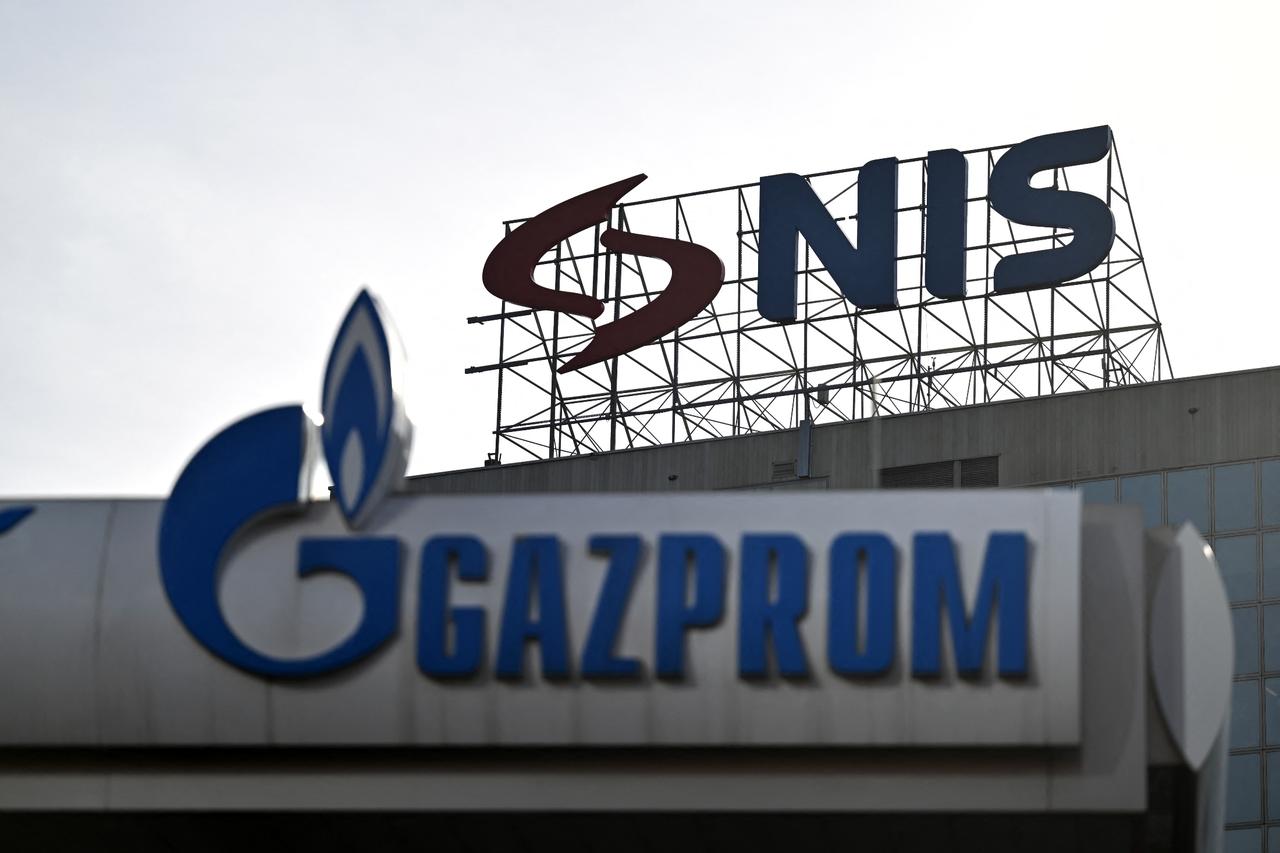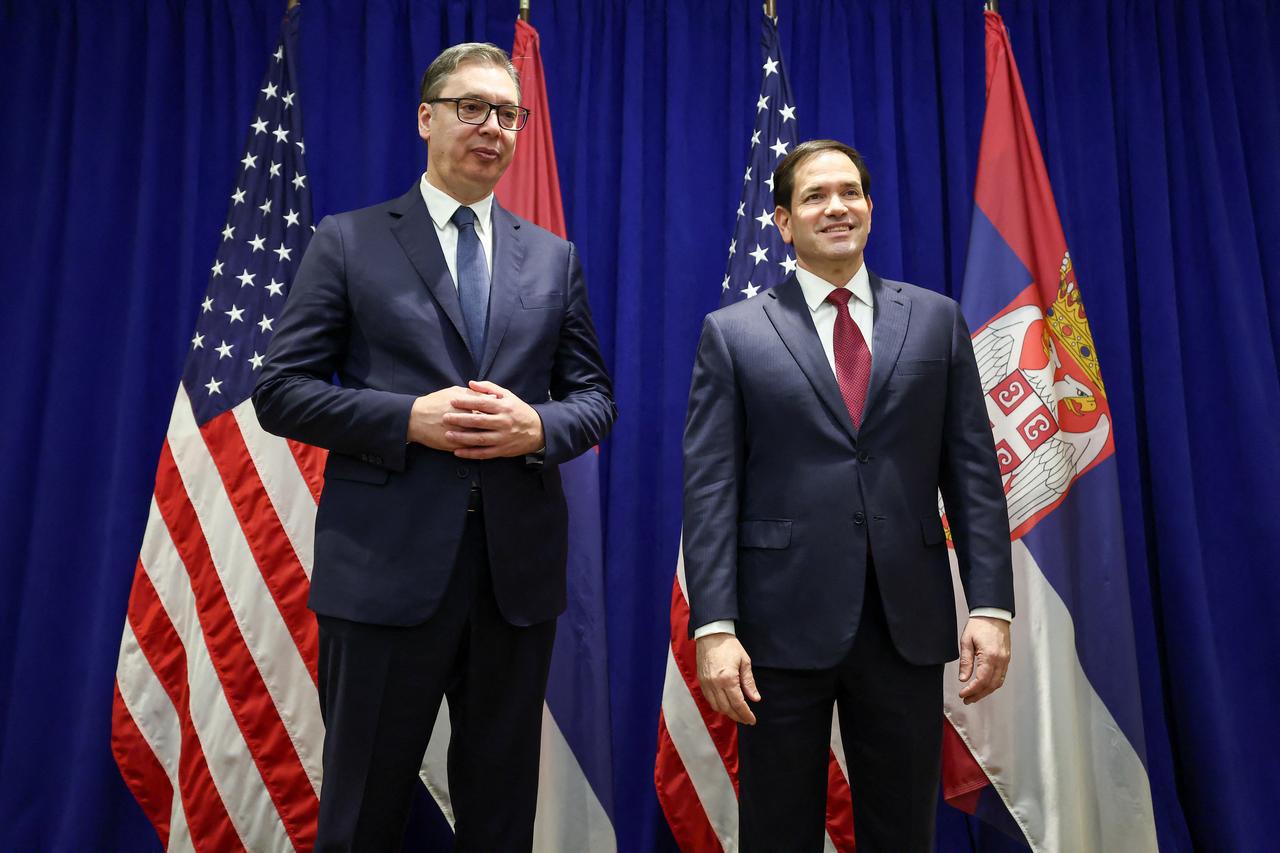
Serbia has ample crude oil and fuel in storage to meet short-term demand, but U.S. sanctions set to take effect Oct. 1 cast a shadow over the landlocked Balkan nation’s future energy security.
The Serbian Oil Industry, or NIS, did not disclose inventory levels or how long supplies would last.
The refinery could operate for two months and provide refined products for slightly longer, Reuters reported, citing four sources familiar with the matter.
Majority-owned by Russia’s Gazprom, NIS operates Serbia’s only refinery.
U.S. sanctions on Serbia’s largest oil producer, which is majority Russian-owned, will finally come into force on Oct. 1, Serbian President Aleksandar Vucic said Thursday.
NIS had secured repeated extensions of the measures, part of Washington’s crackdown on Russia’s energy sector over its invasion of Ukraine.
“The Americans have extended the non-imposition of sanctions for only four more days. So, from Oct. 1, we will have sanctions imposed on the Serbian oil industry,” Vucic said in a statement.
The sanctions, announced in early January, had been repeatedly postponed. Once enforced, foreign banks may halt transactions with NIS, leaving only domestic banks, which lack sufficient capacity.
One Serbian fuel industry source, who asked not to be named, told Reuters: “Authorities need to immediately ensure NIS has access to domestic financial markets, and then within the next month or two, do whatever it takes to keep the Pancevo refinery running.”
Vucic said the sanctions would have a serious impact.
“We have been extremely fair toward our Russian and American partners. We will try to be fair, but people must know that we will pay an extremely high price,” the Serbian president said.
The measures would force Russian shareholders to divest their stakes in the company or face nationalization.

Meanwhile, experts warn that sanctions will hit Serbia’s economy hard, causing oil shortages and broader price hikes.
“There would be difficulties in the supply of oil derivatives, given that NIS supplies over 80% of the wholesale market,” Goran Radosavljevic, general secretary of the National Petroleum Committee of Serbia, told Agence France-Presse. Agence France-Presse (AFP).
“Oil derivatives directly affect transport prices, and transport affects the prices of all other goods and services,” he said, adding that panic buying by firms and households could further deepen shortages.
Radosavljevic also warned that NIS would struggle with basic payment operations soon after the sanctions take effect, with knock-on effects across the economy.
Vucic acknowledged that “everything is getting complicated, the economy and everything else,” but promised citizens they “do not have to worry about supplies.”
The sanctions, introduced under former U.S. President Joe Biden, aim to cut Russia’s profits from its oil and gas trade following its invasion of Ukraine.
Despite Western pressure, Serbia has maintained close ties with Moscow and refused to impose sanctions, even as it pursues EU membership.
The country remains heavily dependent on Russian gas supplied through NIS.
A supply contract between Belgrade and Moscow, signed in spring 2022, was extended until the end of September, with talks ongoing for a new deal.
According to company data, Gazprom’s oil division holds about 45% of NIS, while its parent company transferred an 11% stake to a related Saint Petersburg–based firm, Intelligence, on Sept. 19. The Republic of Serbia owns nearly 30%.